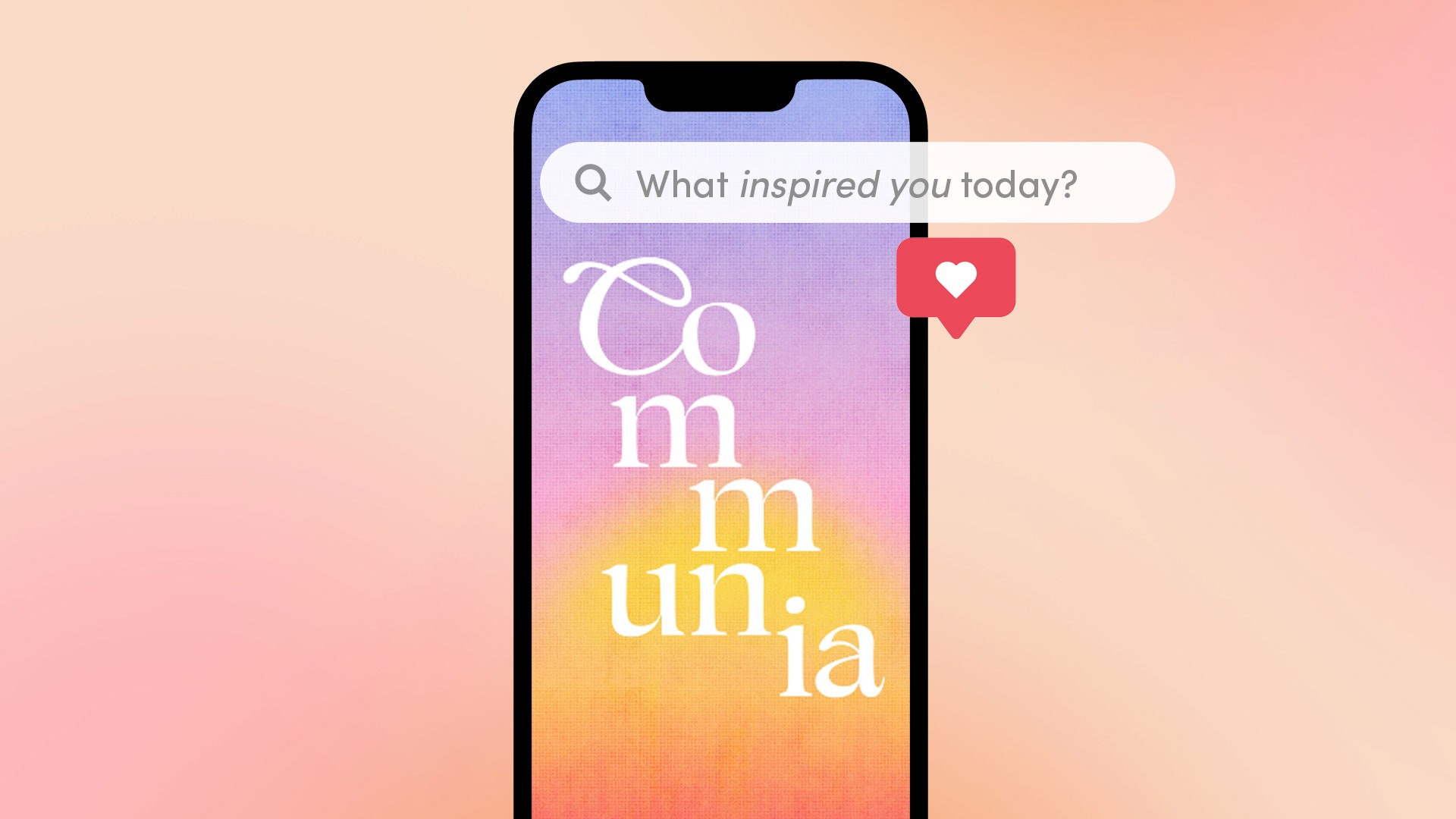This article references sexual assault.
Social media rarely feels like a safe place for women. In fact, new research by the Open University shows that over one in 10 women in England (15%) have experienced online violence, while three in 10 women (30%) have witnessed online violence.
So, what's being done about it? Not enough – according to many women. The new study found that seven in 10 (68%) women believe current legislation is ineffective at tackling online violence against women and girls in England. And research commissioned by Communia, a social networking app, found that 80% of Gen-Z and Millennial women are turning their backs on mainstream social platforms due to safety concerns or toxic environments.
The Online Safety Bill – proposed legislation designed to safeguard internet safety – will mandate tech companies to provide better protection for their users. But can social media apps really be safer places for women? Better yet, do any already exist?
Olivia DeRamus – the founder and CEO of her own social media app, Communia – is determined to create a “community of care” in her work. Originally from Washington D.C., Olivia has always been determined to help others. “I’ve always been a girl’s girl,” she tells GLAMOUR.
“I'm passionate about understanding women's experiences in a male-dominated world.”
The idea for Communia – a “safe space for anyone who’s tired of the internet revolving around the male gaze” – stemmed from a traumatic event in Olivia's life. “When I was a first-year university student, I was sexually assaulted,” she explains. And yet “despite being found in the right by the university,” the perpetrator sued her for millions. “I learned what it feels like to lose the ability to express yourself and how much damage feeling isolated and without a support system can do to someone.”
While social media could (and arguably should) be a place for community support, this wasn't the case for Olivia. "I couldn’t go on social media platforms and say what I was experiencing or ask for the support I desperately needed.
“When the legal battle ended during my last year of university here in London, I came to realise that whether it’s a mental health struggle, a question about sex, or something to do with #MeToo like my own experience, there are millions of women who can’t express themselves or access the support they deserve because of the shortcomings of mainstream social media.”
Olivia had a choice: she could continue funding her legal fees or invest the same money in creating something for all survivors. She went with the latter: “I knew that I couldn’t ever truly obtain personal justice for myself, but I thought maybe I could create a path to empowerment for myself and the many others I knew also needed a safe space.”
And so Communia was born. Olivia describes it as a “social network created specifically to make it easy for women to find support from other women […] free from the harassment, comparison culture, and digital misogyny that still dominates most platforms.” While she was working out how to develop the app, she started with an editorial site for women to start having these conversations in a safe online environment.
“Mainstream social media mirrors and amplifies the misogyny women experience in real life.”
In an age of ‘X’ (formerly Twitter), the idea of creating a “safe space” within a social media app almost feels laughable. Indeed, when Olivia first started pitching the idea, not everyone was convinced. “When I started telling people in business about my long-term vision of a social media platform, people definitely thought I was crazy,” she explains.
However, in a survey conducted by Commuia, 80% of women said it was important to them to have access to a safe space for women online.”
And being a woman in tech came with its own setbacks. “At the first conference I ever went to, I was telling someone about Communia as we were walking down a hallway, and some guy behind me yelled, ‘Why don’t you just go to the lesbian convention down the street!’”
For Olivia, these sexist incidents underscore how important it is to build a platform by women, for women. “If tech bros can’t take the women in their own industry seriously, then they'll never take the needs of all the women on the internet seriously. Ironic, given the majority of social media users are women!”
“Mainstream social media mirrors and amplifies the misogyny women experience in real life. That’s not a coincidence.”
Although Olivia describes being a woman in tech as “isolating”, she's encouraged by the responses from women using Communia.
“It’s been really powerful,” she says. "So many women express a sense of relief when they introduce themselves on the app.
"Someone recently posted that they’ve been using Communia as a space to find joy and heal, free from the comparison or judgement they felt on other platforms. That right there is all the affirmation I need to keep going.
“Today, we’ve helped over 100,000 women and non-binary folks live their best digital lives.”
If you have been sexually assaulted, you can find your nearest Sexual Assault Referral Centre here. You can also find support at your local GP, voluntary organisations such as Rape Crisis, Women's Aid, and Victim Support, and you can report it to the police (if you choose) here.
The resources and helplines you need to know.
.jpg)
